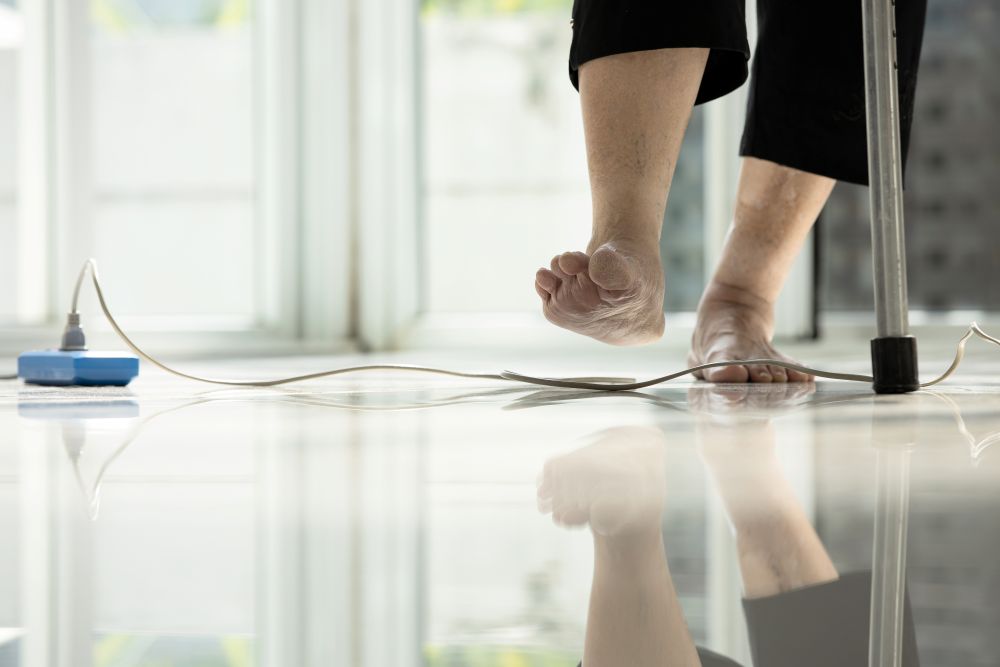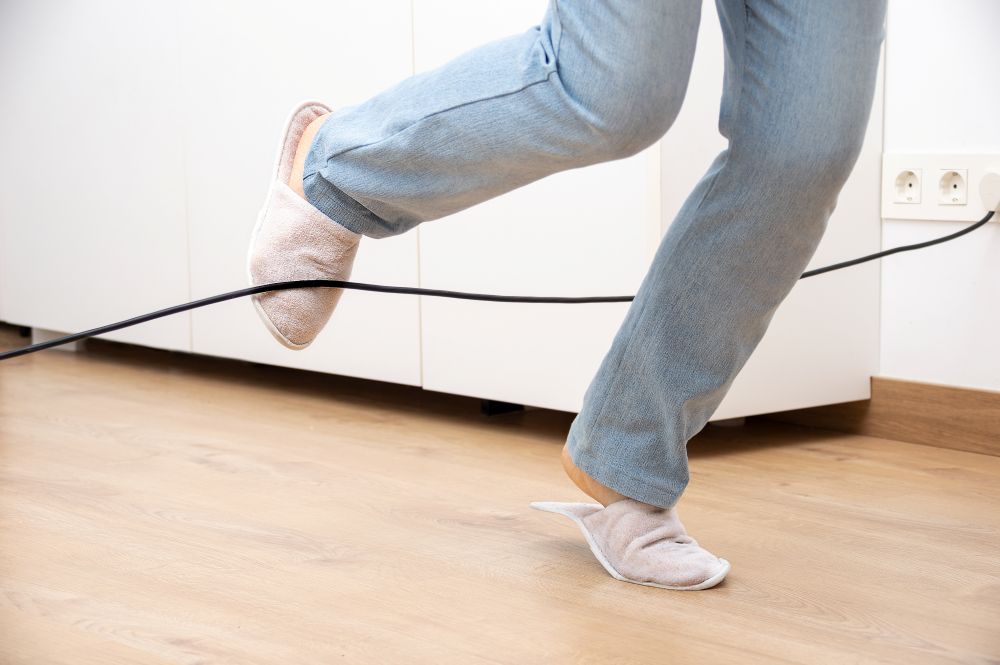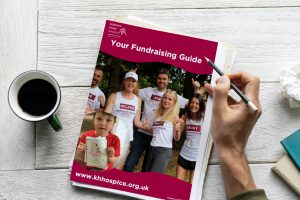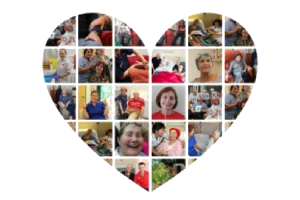How to prevent falls – an information guide for patients
If you have an incurable illness or are receiving palliative care, the risk of falling might be higher than normal.
Most falls do not cause serious injury but having a fall can affect a person’s confidence.
Read on to find out why falls happen, what can be done when they happen and how they can be prevented.
Regular movement, exercise and improving your overall fitness can help prevent falls.
Physical activity helps maintain strength, flexibility and energy levels so you can carry on doing the things you like and stay independent
And there are plenty of daily activities that will keep you fit and healthy and you may enjoy too – including walking, gardening and even dancing
If you need help exercising, or this is not something you usually do, then remember any movement on a daily basis is better than not doing any at all
Find out how we can help you at our Therapy & Wellbeing Centre in Stafford.
Like to know more about our regular activities or how our experts can help? Ring 01785 270832.

Risk factors for falls include:
Personal:
- medical condition
- medication
- age
- fear
- poor balance
- incontinence
- alcohol
- poor vision
- poor nutrition
Environment:
- slippery and uneven surfaces
- steep stairs
- poor lighting
- pets
- unfamiliar environment
- clutter
- loose rugs and mats
- broken equipment
- trailing cables
Behaviour:
- getting up in the middle of the night
- rushing
- over-reaching
- standing when dressing the lower half

If you have a fall there are various things you should and should not do. You will probably be shocked and a little bit shaken but try not to panic. Instead try to keep calm.
When you are feeling more calm, ask yourself whether you are able to get up. If you are not hurt and think you may be able to get up then make sure you follow these simple rules:
- Do not get up quickly. Instead, roll onto your hands and knees and look for a stable piece of furniture such as a bed or a chair
- Crawl over to the piece of furniture and, if it is possible to do so, put something soft under your knees
- Hold onto the furniture with both hands to support yourself and place one foot flat on the floor with your knee bent in front of your body
- When you feel ready, slowly get up
- Sit for a while and rest
There is a risk that if you do fall, you could hurt yourself. If this happens and you are unable to get up, follow the steps below:
- Try to get the attention of someone by calling out. If you are at home and can bang on the wall of the floor to a neighbour then do so. If you have an aid call button, use it
- If you can get to a phone then call a friend or neighbour – or 999 if you need medical assistance and need to ask for an ambulance
- While you are waiting for help to arrive try to make yourself as comfortable as you can and stay warm. You may be able to move yourself onto a carpeted area or pull a nearby blanket, coat or dressing gown over yourself
- If you can, try to move regularly to avoid getting pressure sores and try to change your position regularly if it is safe to do so
Many falls happen at home, and there are various ways you can help prevent this. Take a look at our top tips for preventing a tumble in your home:
- Wear glasses and hearing aids as instructed and use them as required
- mop up spillages straightaway
- Remove clutter, trailing wires and frayed carpet including on mats and rugs – which should be non-slip
- Use high wattage light bulbs
- Organise your home so that climbing, stretching and bending are kept to a minimum
- If you need help to do things in your home then as for assistance
- Do not walk on slippery floors without suitable footwear – slippers and shoes with grips are ideal. Bare feet, socks and tights are not
- Do not wear lose-fitting clothes that could trip you up
- Wear well-fitting shoes that support the ankle
- Take care of your feet
 Help support our patients
Help support our patients